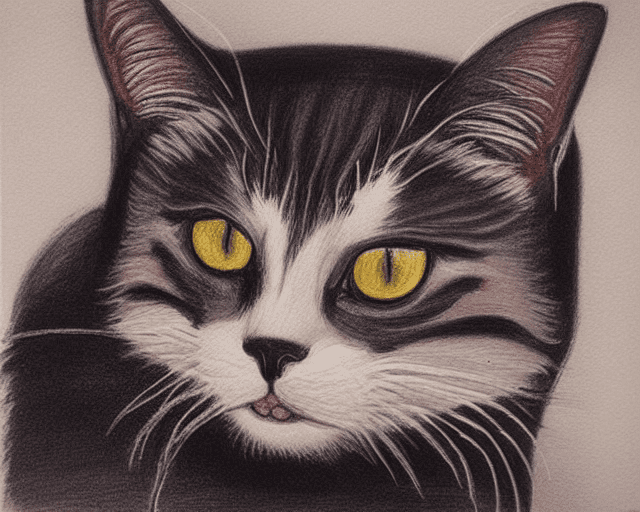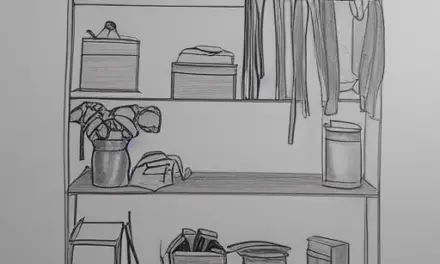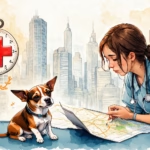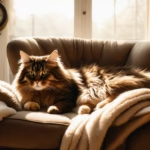There are a variety of reasons why your cat may be panting. Some cats pant because they are too hot, so moving them may help them cool off. This can be done both indoors and outdoors. Using a towel or tissue soaked in cold water and applying it to your cat’s head, ears, and paws may also help cool them off.
Symptoms
If you notice your cat panting frequently, you should immediately take it to the veterinarian. Excessive panting can be a symptom of heart problems or a more serious medical condition. If you suspect your cat is overheating, cool them down by bringing them to a cool place and giving them plenty of water. However, sometimes cats pant when they are traumatized or stressed. These cats need immediate medical attention, so be sure to take them to the vet as soon as possible.
Some cats may also be suffering from heartworm or other respiratory illnesses. As these conditions progress, fluid can build up in their lungs and heart, making it more difficult for them to breathe. Cats suffering from heartworm disease or congestive heart failure may pant when they are suffering from the pain and discomfort associated with this condition.
A veterinarian may also use thoracocentesis, a procedure that involves draining fluid from the chest cavity. Then, they will evaluate your cat’s heart and respiratory functions to determine the underlying cause. Depending on the clinical presentation of your cat’s panting, your veterinarian may recommend a course of treatment, such as oxygen therapy.
Panting is also common among cats, especially kittens. If you see your cat panting while playing, separate it from other pets and take a few minutes to observe the cat. It may settle down within five to 15 minutes, and if it doesn’t, seek emergency medical attention.
Your cat may be overheating and may be experiencing anxiety or stress. Panting will usually stop once your cat has cooled down. However, excessive panting can be an indication of a more serious problem. If your cat pants excessively, you should make an appointment with a veterinarian immediately.
Another reason your cat may be panting excessively is dehydration. The smallest amount of dehydration can lead to serious health problems. Make sure that water bowls are always filled and provide fresh water throughout the day. Your cat should be hydrated at all times. You should also monitor your cat’s body temperature and try to prevent it from becoming too hot.
The most common reason why cats pant excessively is because they are uncomfortable or stressed. Stressful situations can include traveling or visiting the veterinarian. Providing your cat with a cool place to go can help. Fans or air conditioning may help cool the cat down. A damp towel will also help. If your cat continues to pant excessively, a trip to the veterinarian is in order.
Often, excessive panting can be a sign of more serious health problems, but you should not panic. A visit to the vet can help you diagnose the exact underlying problem and provide you with immediate treatment. If your cat is constantly panting, it may be due to respiratory issues, but this is not always the case.
Causes
If your cat is panting excessively, you may want to look into its underlying causes. It may simply be trying to cool off, or it could be a sign of something more serious. If you notice your cat panting during the day, it may be a symptom of labored breathing.
Other causes of cat panting include high fever, anemia, or too much exercise. If your cat is panting excessively, you should take him to a veterinarian for a complete exam. Your cat may be suffering from a serious underlying health condition, so it’s important to get a full examination from a veterinarian. Clinical examinations alone cannot determine the underlying cause of your cat’s panting, and therefore detailed laboratory tests must be conducted to determine the most likely cause.
Stress and anxiety can also be causes of excessive panting. Stressful situations can include traveling, moving, or visiting the veterinarian. You should try to give your cat plenty of time to cool down before attempting to calm it down. If your cat is panting excessively and isn’t getting better, you should visit a veterinarian.
In addition to stress and anxiety, some cats pant excessively. This is a warning sign that something may be wrong, and you should make sure your cat has a proper medical evaluation. Cats can be very susceptible to heart disease, which causes fluid to build up in their lungs. This makes them unable to breathe properly.
Another reason your cat might pant excessively is hot weather. As a result, cats can feel overheated and seek shady spots or drink water. If your cat is overheating, your veterinarian may prescribe a diet that contains a high amount of protein and low carbohydrates. You should also provide your cat with toys that encourage exercise. Heartworms are another potential cause of cat panting, and your veterinarian can check them if you suspect that your cat is suffering from this.
Other causes of cat panting include stress and obesity. While the behavior may seem normal for cats, excessive panting should be evaluated by a vet as soon as possible. For example, if you notice your cat panting excessively in hot weather, you should take the cat to the nearest veterinary clinic.
If your cat is constantly panting in the car, it may be a symptom of heatstroke. If your cat is overheating, you may want to try a cat stroller. This will keep your cat from getting too exhausted from walking. You may also want to take your cat outside during the early morning or late evening hours if possible.
Cats who suffer from asthma may also experience panting or gasping while trying to breathe. Asthma is a serious respiratory problem that can result in severe breathing difficulties. When your cat is suffering from asthma, you should take them to the vet immediately to determine the cause of their difficulty breathing.
Treatment
Treatment for cat panting involves treating the cause of the problem. The causes of this condition can vary, but it is usually associated with stress or anxiety. Symptoms can include panting during a stressful situation such as visiting the vet or driving. It can also happen when your cat is overheated or has exercised too much. In any case, it is essential to take your cat to the vet for proper diagnosis and treatment.
Depending on the cause of your cat’s panting, treatment for cat panting can range from adjusting your cat’s care to performing emergency surgery. However, it is essential to visit your veterinarian as soon as you notice the symptoms so that the veterinarian can prescribe the appropriate medication and start the proper treatment. For severe cases, supportive care may be necessary including hospitalization, oxygen supplementation, intravenous fluids, and antibiotics. These medications can relieve the symptoms of your cat’s panting and can also help reduce your cat’s fever and may need to be given for a few weeks.
While many pet owners have a feeling that their pet has a heart problem, it’s best to consult with a veterinarian to determine what exactly is causing your cat’s panting. For instance, if your cat is having trouble breathing, she may have a respiratory infection or a feline asthma. In such cases, your veterinarian will prescribe an antiparasitic to get rid of the parasites. In some cases, a heart issue like heartworm can also cause your cat to pant.
In addition to these treatments, a vet may recommend that you take your cat to a veterinarian for an exam. It’s important not to give your cat water or food by mouth, as this may worsen the condition. It’s also important to make sure your cat isn’t overheating because it can cause excessive panting.
Another cause of cat panting is environmental. In the summer, the heat can affect your cat’s temperature. It’s common for cats to feel hot when the weather is hot, but they can’t regulate their body temperature using their paws. They need to pant to get rid of excess heat through evaporation. Because cats were made for outdoor climates, they seek shelter and shade to avoid overheating.
While excessive panting in cats may not be harmful, it should be treated as soon as possible. If you notice your cat’s panting becomes more intense than usual, you should seek emergency veterinary care. Panting may indicate a more serious health problem, such as a heart problem or respiratory infection.
In some cases, your cat may be panting because of exercise, or another medical issue. If your cat is panting from exercise, you should try to encourage it to relax by petting it and offering it a comfortable place to rest. A cool blanket or pillow can help. Cool water with ice cubes may also help. If you notice your cat is panting from anxiety, you should take it to the veterinarian as soon as possible.













